Who Does It Best? - A mini-series by The Europeans
Who Does It Best? - A mini-series by The Europeans
What will you fundraise for today?
Updates1
-
Read more
A huge thank you, merci, bedankt and dziękuję :) This series is happening, thanks to you!! We'll be in touch soon with some info on the first steps we're taking to turn this from a dream into a reality. In the meantime, give yourselves a huge pat on the back for supporting something good that should exist in the world 👏🎉
0CommentsNo comments yet, be first to comment!

Add updates and keep supporters informed about the progress of the campaign.
This will increase the credibility of your fundraiser and donor engagement.
Description
UPDATE: WE DID IT!!!
We've now hit 100% of the target needed to make this podcast series, and we could not be happier! Thank you so much to everyone who's helped to make it possible.
Still want to be a part of this project, even though we've already met the target? You can! At present, we are on track to put an additional €14,500 of funding scraped together from The Europeans' 2024 budget into this series in order to turn it into a reality, on top of the crowdfunding. Yup, quality journalism really is that expensive.
So, this crowdfunding campaign is still very much open and accepting donations. The more we raise, the less we will have to dip into our savings (which will allow The Europeans to make more weekly podcasts throughout this year).
Plus, the more people who contribute, the better! This isn't just about money; it's about encouraging as many of our listeners as possible to feel like they're a part of the project. We want our audience to contribute to this series in lots of different ways, including by suggesting places we should talk about and people we should interview. Short on cash? You're very welcome to leave a donation of just a euro or two if you'd like to feel invested in this series and receive updates about its progress.
Interested in helping out? Read more about the series below.

The team behind award-winning podcast ‘The Europeans’ are raising €15,000 to produce a radically different kind of podcast mini-series. It’s a series that tries to answer a fundamental question: what’s the best way to live?
Europe is a giant laboratory for testing out different policies. Across the continent, the systems that shape our lives – from healthcare to housing, education to the electricity supply – look very different depending on which country you’re in. Which makes Europe a great place for trying to figure out how different approaches to all of these policies actually impact people’s daily lives. In other words: who does it best?
‘Who Does It Best?’, a podcast series brought to you by The Europeans, will start by investigating which country has the smartest, most effective, and most imaginative policies when it comes to three issues: childcare, housing, and drugs. We want to find the places in Europe where housing is organised in a way that is affordable – but not only that, we also want to find social housing architecture that creates a sense of community and belonging, and maybe even buildings that promote fun. We want to find out if there’s a European country whose childcare system helps kids to flourish while keeping their parents sane and able to work as much as they want or need, ideally without bankrupting them (surely there must be one?!). And we want to know which country’s drug policy is best at achieving the tricky balance of respecting individual freedoms, keeping society as safe as possible as a whole, and treating addiction humanely.
The word ‘policy’ can sound boring and abstract, but the systems our governments design have a huge impact on our happiness. In a grim time for politics, we hope this series will be a glimmer of light: a constructive, practical way of figuring out how all of our governments can make people’s lives better. Plus, it goes without saying: we’re going to make a podcast series that’s really fun to listen to.
If we’re successful in crowdfunding the initial €15,000, we’ll spend the first half of 2025 researching, producing, editing, scripting, recording, sound designing and mixing these first three episodes, which will be published next summer. And these three topics are just for starters – if the series is as useful and enjoyable as we think it will be (we know it will be!), we’d like to make more episodes besides.
Deep-dive journalism is expensive, and this €15,000 isn’t even enough to cover the production costs of the mini-series. We’re actually putting in some additional funds that we’ve managed to save from this year’s listener donations. But here’s the good news: for the first €8,000 pledged as part of this crowdfunding campaign, every single euro is being matched by an extremely generous couple, fans of The Europeans who have asked to stay anonymous. That's on top of the €15,000. So in total, we'll hopefully raise €23,000, bringing us a lot closer to covering the costs of making the series. We’re incredibly grateful to these mystery donors, and to all of you, for helping us to turn this idea into a reality.
 For seven years, we’ve been making podcasts that demystify European politics, celebrate the continent’s best cultural offerings, and help Europeans get to know their neighbours.
For seven years, we’ve been making podcasts that demystify European politics, celebrate the continent’s best cultural offerings, and help Europeans get to know their neighbours.
We’ve produced critically acclaimed investigative and narrative podcasts about everything from immigration to oat milk. And we’ve done all of this on an absolutely tiny budget, without any backing from a large media organisation, funded by our generous listeners as well as a few grants we’ve been lucky enough to win over the years.
At present, the support we get from our Patreon supporters just about covers the costs of making the kind of podcasts you hear from us most weeks: the kind where Dominic and Katy ring each other up between Paris and Amsterdam, discuss who’s had a Good Week and who’s had a Bad Week, and interview a smart person who’s doing something interesting somewhere in Europe. We love making this kind of podcast (and we won’t stop making them), but we also love making investigative and deep-dive podcasts, like our series ‘The Oatly Chronicles’ as well as one-off specials like ‘The Big-Agri Bully Boys’. What’s more, these episodes aren’t just extra rewarding to make – they actually help to make The Europeans more sustainable, bringing us prizes, attention and helping lots of new listeners to discover our podcasts.
Finding the funding to make these episodes, though, can be a nightmare. Since our Patreon support is used to fund the ‘regular’ show, we often spend a crazy amount of time applying for journalistic and cultural grants to cover the production costs of these much more labour-intensive podcasts. Almost more time than we spend doing the journalism itself!
So we’ve decided to launch an experiment. We’re testing out a new funding model for producing the kind of ambitious podcasts that we know you want to hear more of. ‘Who Does It Best?’ will be the first mini-series from The Europeans that will be proudly 100% crowdfunded.

Our listeners are the people funding this series, so we want you to feel as involved in its making as possible, beyond simply reaching into your wallets. ‘Who Does It Best?’ isn’t just going to be crowdfunded – it’s going to be crowdsourced.
Does your country have a particularly good / bad / clever / quirky policy on housing, childcare or drugs? We want to hear from you. Maybe a neighbouring country, or somewhere you used to live? Same! You might have a friend who, by a strange twist of fate, has come into deeply personal contact with their government’s policy on one of these issues, either with a positive experience or a less positive one. We’d love to speak to them. We’ve only just started the preliminary reporting for this series, and we want our listeners to help shape that reporting. So if there’s something we need to know for one of these episodes, or someone we need to interview, tell us! You can email us at [email protected].
The other thing that makes this series different? You’re funding it, so we’re going to be transparent about every step of the process. One of the things we’re most excited about is pulling back the curtain on how this kind of journalism gets made. We’ll be posting regular updates on how the reporting is progressing, why we’ve made certain decisions, and frankly, why this kind of journalism doesn’t come cheap. We’ll be letting you know how we’re spending your money, and answering all kinds of questions you may have along the way.
 We’re regularly overwhelmed by the warmth, generosity and general amazingness of our listeners. We’d really love to make this series for you – but we can’t do it without your help.
We’re regularly overwhelmed by the warmth, generosity and general amazingness of our listeners. We’d really love to make this series for you – but we can’t do it without your help.
We know a lot of you support the show already via Patreon, but if you’re curious to see where this experiment goes – and you’d like to support great European journalism in these troubling times – we’d love it if you’d consider contributing to this crowdfunding page.
Thank you so much,
Katy, Dominic, Katz and Wojciech
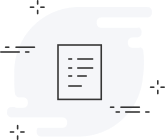
There is no description yet.
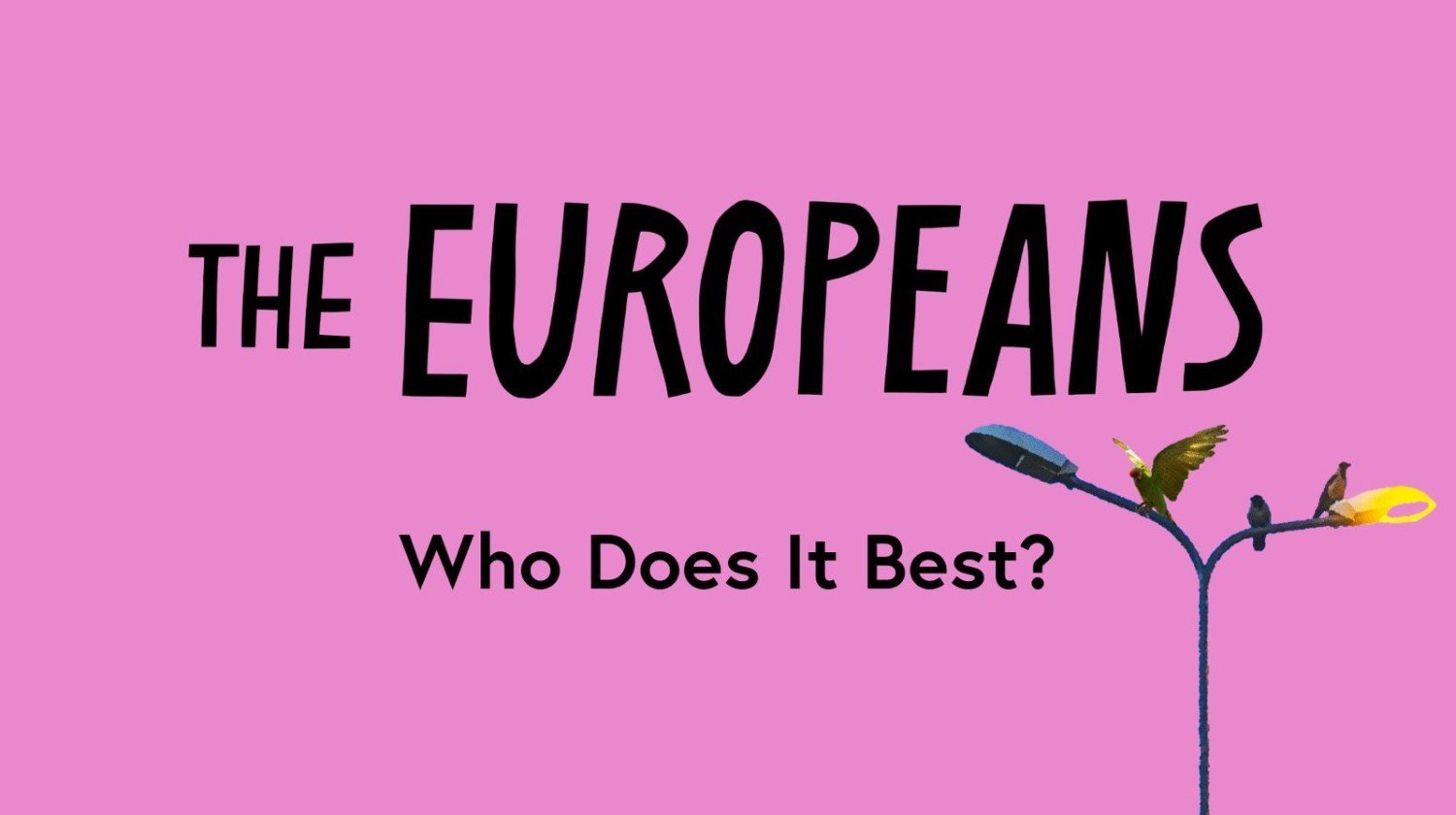
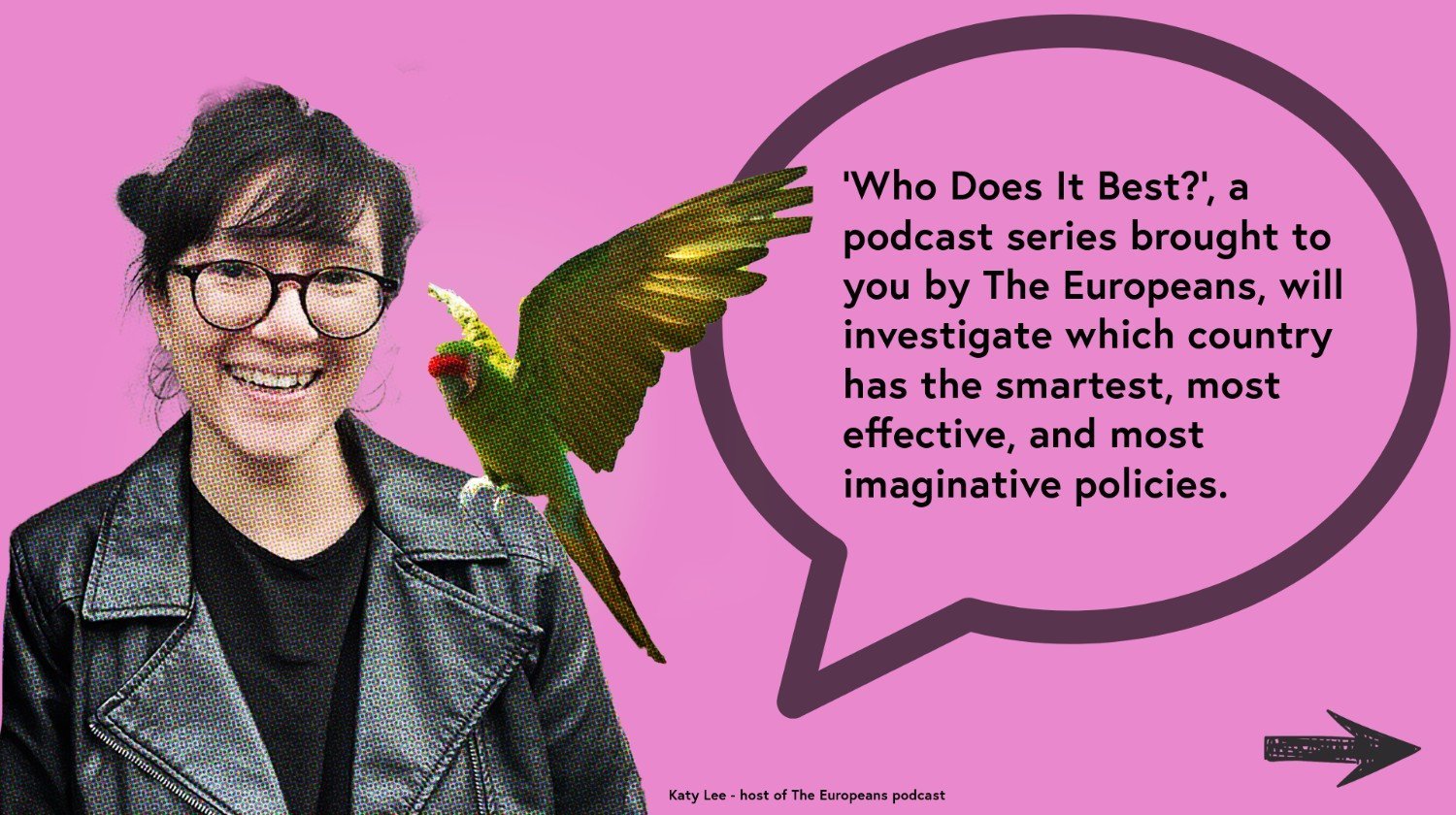
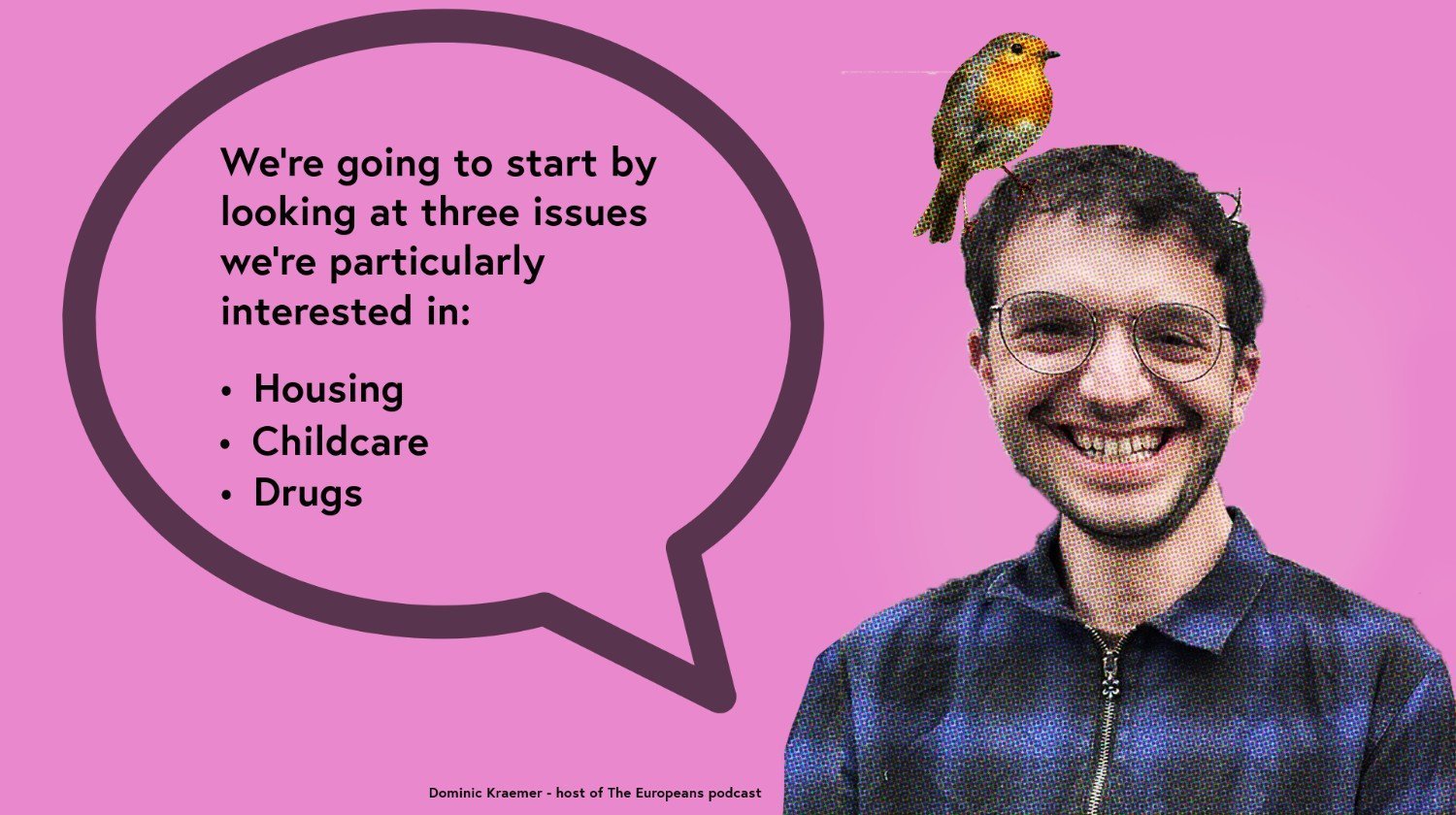
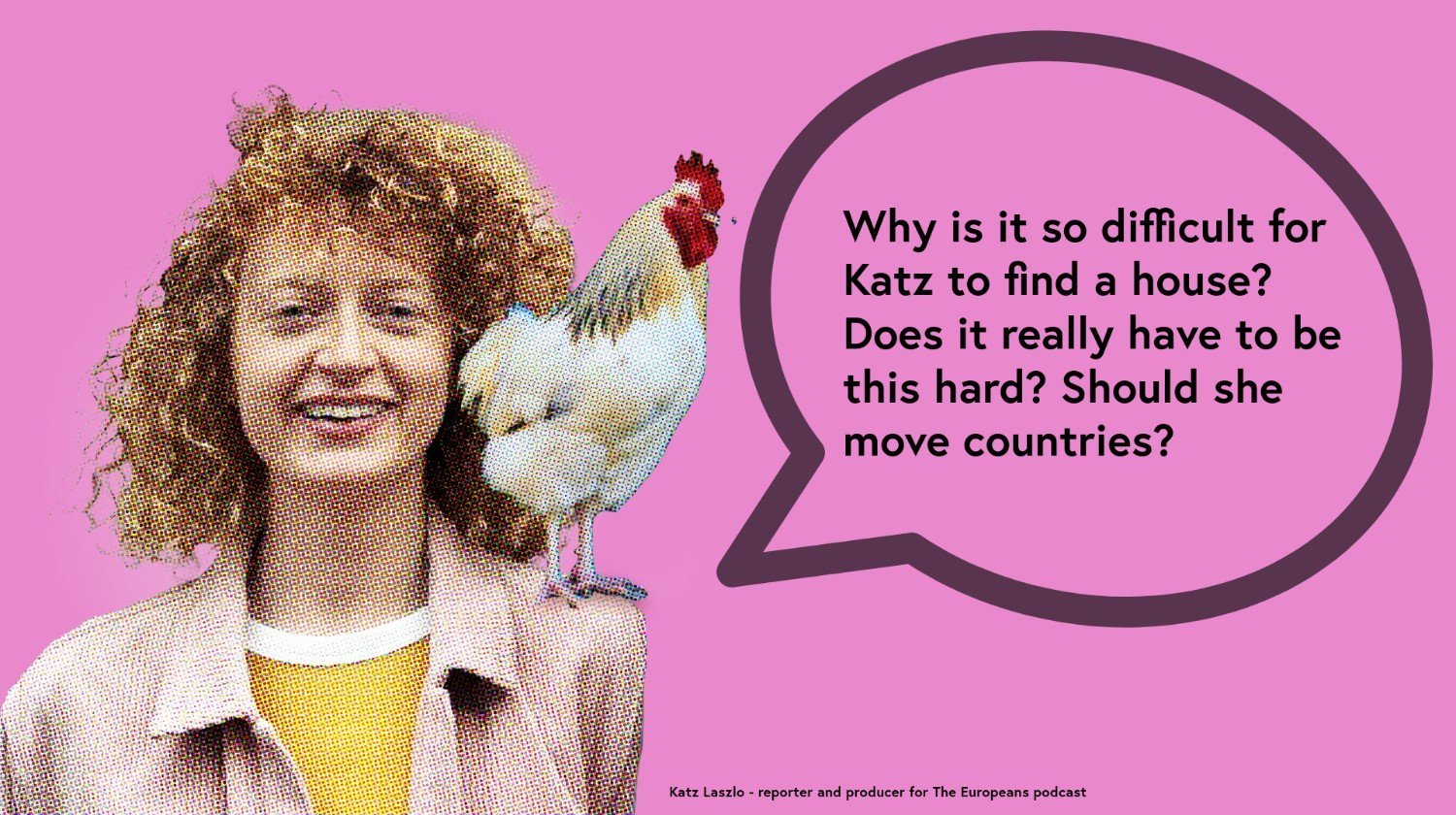
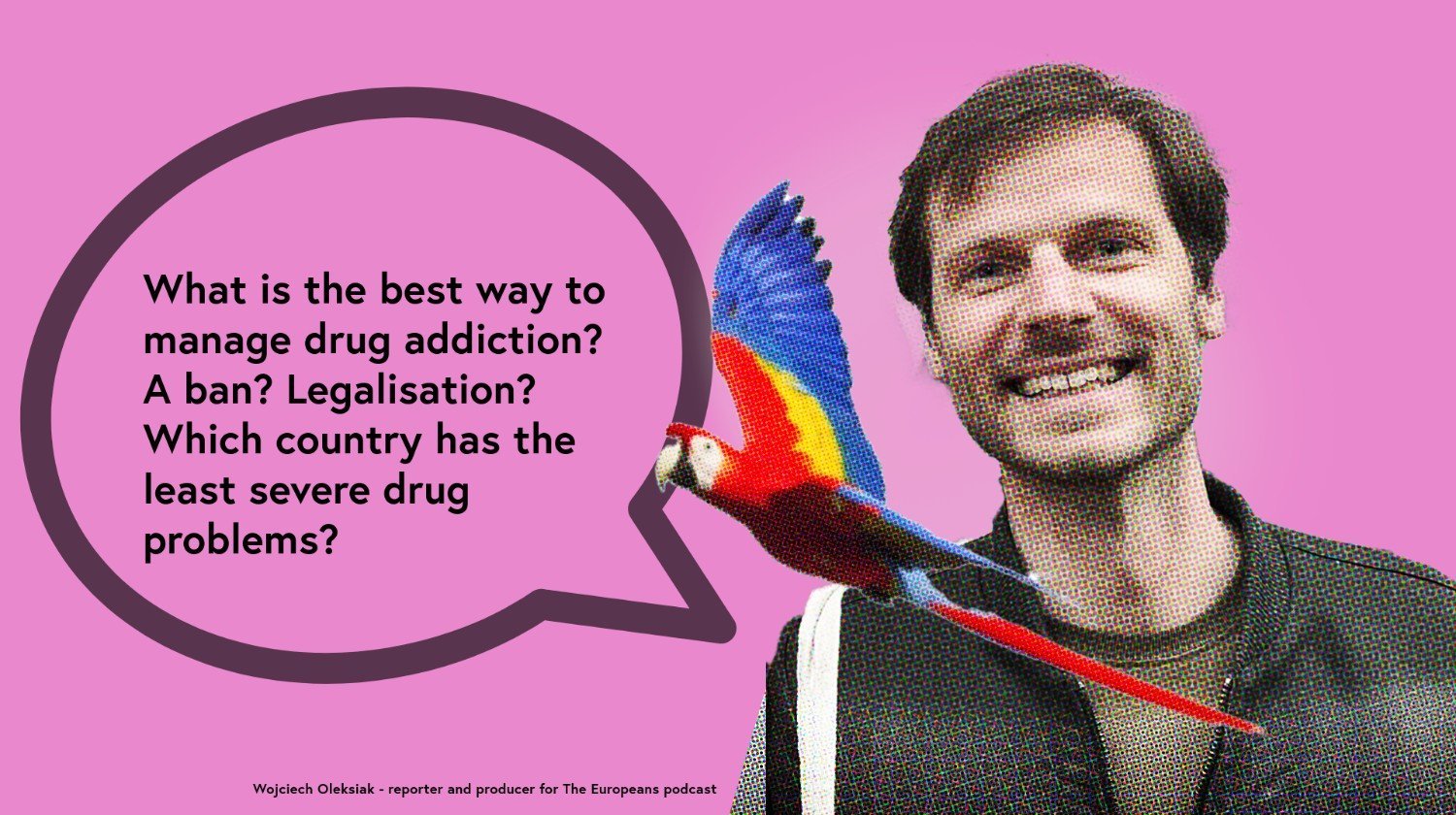




First new year resolution done: supporting journalism that helps us learn something new about ourselves every week. Another possible topic to explore in the series: Which EU country handles pension rights better? For those of us moving around the continent it feels quite daunting to navigate where is the best corner to retire... and even if government and the EU guarantee the funding for that for generations to come. Thanks for your rigourous & joyful work!
Great idea, thanks Ingrid and David! And thanks so much for your donation!
Love the show - looking forward to hearing the results of this new venture!! Keep up the great work!!
Another mini-series by my favourite podcast! I m looking forward to it :-))
Great idea to research best policies across Europe! Happy to be able to contribute. Keep up the excellent work!
p.s. I wanted to leave something for 4fund.com also but I found the minimum 5% donation too much. Would prefer to donate a specific amount rather than a percentage.
I've just quadrupled my ongoing support on Patreon. Is that still the best way to support you?
We've replied to this amazing person privately, but for everyone else -- Patreon is still a fantastic way to support the general ability of The Europeans to exist, beyond making this series!